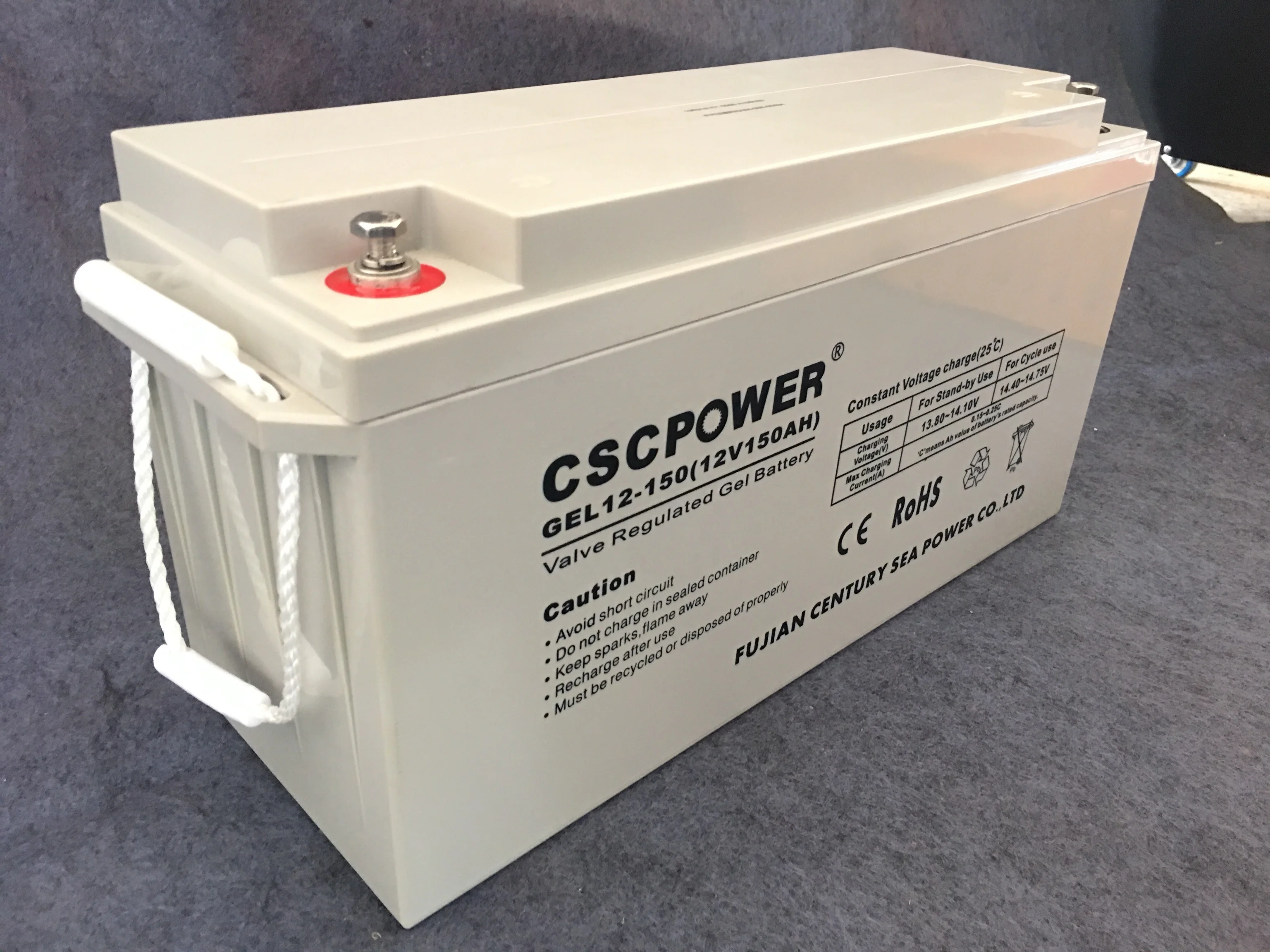

The main difference between the two lies in the path taken by the electricity that the solar panels create. DC Coupled StorageĬoupling refers to how your solar panels are wired to your battery storage system, and the options are either direct current (DC) coupling or alternating current (AC) coupling. While they are still on the market at pocket-friendly prices, their popularity is fading due to low DoD and shorter lifespan. Lead-acid batteries (the same technology as most car batteries) have been around for years, and have been used widely as in-home energy storage systems for off-grid power options. However, because of these numerous benefits, lithium-ion batteries are also more expensive compared to lead-acid batteries. Lithium-Ion BatteryĪs mentioned earlier, battery manufacturers prefer lithium-ion battery technology for its higher DoD, reliable lifespan, ability to hold more energy for longer, and a more compact size. For example, if a battery has a DoD of 95%, it can safely use up to 95% of the battery’s capacity before it needs to be recharged. Solar panel companies prefer lithium-ion batteries because they can store more energy, hold that energy longer than other batteries, and have a higher Depth of Discharge.Īlso known as DoD, Depth of Discharge is the percentage to which a battery can be used, related to its total capacity.

When it comes to solar battery types, there are two common options: lithium-ion and lead-acid. Thus, solar batteries function as rechargeable batteries that use the power of the sun as the initial input that kickstarts the whole process of creating an electrical current.

Home solar power storage batteries combine multiple ion battery cells with sophisticated electronics that regulate the performance and safety of the whole solar battery system. At the same time, electrons move from the negative electrode to the positive electrode via the outer circuit, powering the plugged-in device. When you draw electricity from the battery, the lithium ions flow back across the electrolyte to the positive electrode.
#Solar batteries free
This flow of free electrons creates the current necessary for people to use electricity. This movement is encouraged and enhanced by lithium-salt electrolyte, a liquid inside the battery that balances the reaction by providing the necessary positive ions. The reaction occurs when lithium ions release free electrons, and those electrons flow from the negatively-charged anode to the positively-charged cathode. Lithium-ion batteries work through a chemical reaction that stores chemical energy before converting it to electrical energy. This is the same technology used for smartphones and other high-tech batteries. Lithium-ion batteries are the most popular form of solar batteries currently on the market.
#Solar batteries full
If you don't have battery storage, any excess electricity from solar power goes to the grid, which means you're generating power and providing it to other people without taking full advantage of the electricity your panels create first.įor more information, check out our Solar Battery Guide: Benefits, Features, and Cost The Science of Solar Batteries The point of a solar battery is to help you use more of the solar energy you’re creating.

You can then use that stored energy to power your home at times when your solar panels don't generate enough electricity, including nights, cloudy days, and during power outages. Let’s start with a simple answer to the question, “What is a solar battery?”:Ī solar battery is a device that you can add to your solar power system to store the excess electricity generated by your solar panels. If you’re looking for the answer to, “How do solar batteries work?”, this article will explain what a solar battery is, solar battery science, how solar batteries work with a solar power system, and the overall benefits of using solar battery storage.
#Solar batteries how to
It helps you store excess electricity that you can use when your solar panels aren't generating enough energy, and gives you more options for how to power your home. A solar battery can be an important addition to your solar power system.


 0 kommentar(er)
0 kommentar(er)
